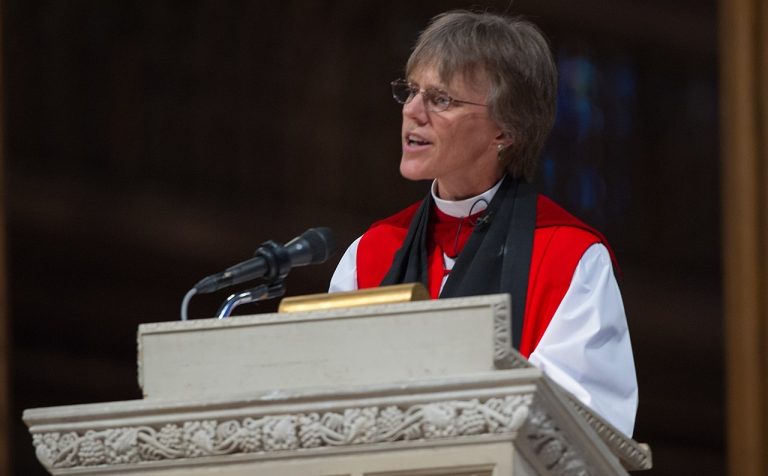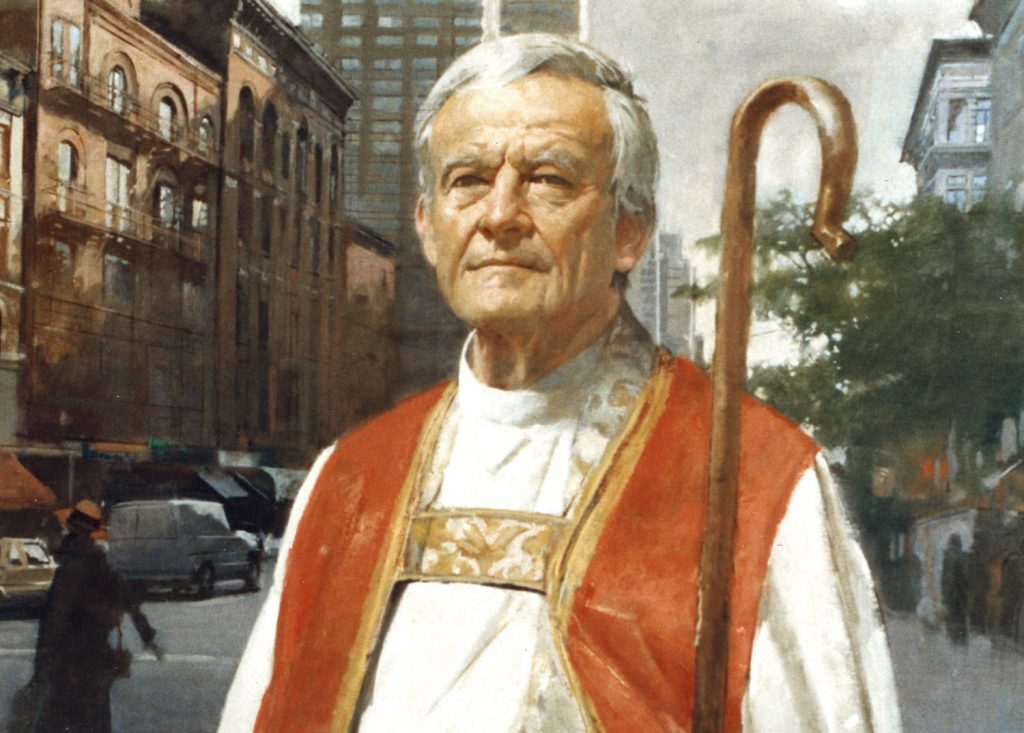
Opinion | The Episcopal Bishop of Washington’s Prayers for Donald Trump
New York, N.Y. As I read the recent headlines about the Episcopal Bishop of Washington offering prayers for Donald Trump, I was struck by the profound, and deeply Episcopalian, act of intercession for someone whose public persona and political actions embody the antithesis of the Church’s commitment to social justice.
In the 1980s, Bishop Paul Moore mentored me during a formative period of my life. Moore, a towering figure both literally and spiritually, was the Episcopal Bishop of New York and an outspoken advocate for the poor, the marginalized, and the voiceless. He taught me that faith is not a passive act but an active engagement with the world’s injustices.
From his leadership in supporting AIDS patients at the height of the crisis to his unwavering commitment to racial equality, Bishop Moore exemplified a Church rooted in compassion, courage, and conviction.
The Episcopal Church, historically referred to as the “Church of Presidents,” is paradoxically known for its high-church traditions and its gritty engagement with social issues.

Its liturgies and creeds speak of grace and redemption, but its actions often challenge the powers that perpetuate injustice. This duality—offering prayers for Donald Trump while simultaneously confronting his grandiose and dangerous plans—is emblematic of the Episcopal ethos.
To pray for someone, as the Rt. Rev. Mariann Edgar Budde has done, is not to condone their actions. Instead, it is to acknowledge their humanity and, in so doing, remind them—and us—of the moral standards to which we are all accountable. Prayers for someone like Donald Trump are not a concession but a call for transformation. They reflect the hope that even the most powerful figures, with their seemingly unshakable egos and destructive ambitions, can be moved toward repentance.

Yet, as a Church, we must not stop at prayers.
The Episcopal Church’s deep commitment to social justice demands that good people continue to speak out against Trump’s extraordinary and dangerous vision for America. His actions—from stoking divisions to dismantling critical protections for the vulnerable—are not merely political missteps but moral failings that contradict the very tenets of love, justice, and dignity for all people.
Trump’s grandiosity often cloaks his intentions in a veneer of inevitability.
But as Bishop Moore taught me, the Gospel calls us to resist despair and apathy. We must call out injustice wherever it arises, whether in policies that harm immigrants, rhetoric that fuels hatred, or actions that threaten the environment. Silence, Moore often reminded me, is complicity.
As Episcopalians, we stand in a lineage of prophets and advocates, from the Rev. Pauli Murray, the first Black woman ordained as an Episcopal priest and a pioneering civil rights activist, to Bishop Barbara Harris, the first woman consecrated as a bishop in the Anglican Communion. These leaders understood that prayer and action are not mutually exclusive; they are two sides of the same coin.
To pray for Donald Trump is to acknowledge the image of God in him, however obscured it may be by his choices and actions. To act against his grandiose plans is to fight for the image of God in those he seeks to harm. The two acts are not in tension—they are inseparably linked.
In this challenging moment, the Episcopal Church has a unique role to play. By holding fast to its commitment to justice, by calling out evil even when it is cloaked in power, and by praying for transformation where it seems least likely, the Church offers a blueprint for moral leadership in an age of division.
Episcopal Church Call: Prayer, Resistance in Age of Trump (Jan. 23, 2025)